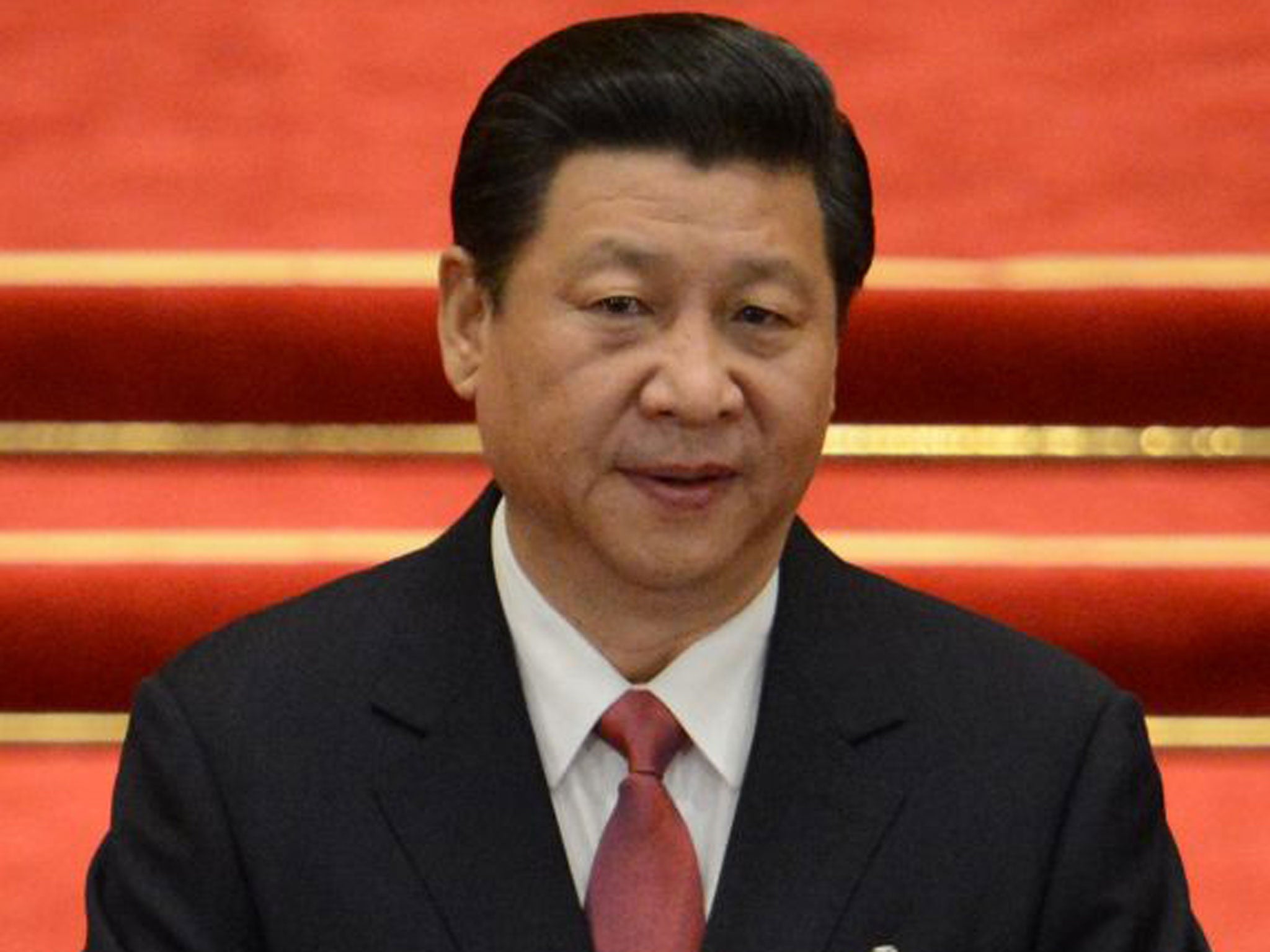Mothers of Tiananmen victims condemns Chinese leader Xi Jinping for failure to bring reforms

Your support helps us to tell the story
From reproductive rights to climate change to Big Tech, The Independent is on the ground when the story is developing. Whether it's investigating the financials of Elon Musk's pro-Trump PAC or producing our latest documentary, 'The A Word', which shines a light on the American women fighting for reproductive rights, we know how important it is to parse out the facts from the messaging.
At such a critical moment in US history, we need reporters on the ground. Your donation allows us to keep sending journalists to speak to both sides of the story.
The Independent is trusted by Americans across the entire political spectrum. And unlike many other quality news outlets, we choose not to lock Americans out of our reporting and analysis with paywalls. We believe quality journalism should be available to everyone, paid for by those who can afford it.
Your support makes all the difference.The families of protesters killed during the 1989 Tiananmen Square crackdown in Beijing have written an open letter strongly criticising the new leadership of Xi Jinping for failing to introduce political reforms.
As the 24th anniversary of the massacre nears, the activist group known as the Tiananmen Mothers repeated their calls for justice for the hundreds of victims, and for the events of June 4 to be reassessed.
“During these long 24 years, we Tiananmen Mothers have suffered profoundly. We have moaned in hell-like darkness, struggled in tears, which nearly dried up. We have also been overwhelmed by fear and despair and engulfed by rumours and apathy,” they said in a letter published by the New York-based Human Rights in China.
“We have campaigned year after year, tried to get back justice for the dead year after year. The government authorities, however, have remained unmoved,” they wrote.
The group said it had never received a single response from the government to 36 open letters to the leadership it had written since 1995. The government labelled the democracy movement, which was led by students, as “counter-revolutionary” and said that dissent on such a scale needed to be stopped to allow China to develop. Hundreds, possibly thousands, of people were killed during the crackdown.
Mr Xi became Communist Party chief in November and president in March, and many in China hoped that his arrival would bring with it political reforms, which had ground to a halt under his predecessor, Hu Jintao.
However, the Tiananmen Mothers accused Mr Xi of taking China backwards. “What we see, precisely, are giant steps backwards towards Maoist orthodoxy,” they wrote. “This has caused those individuals who originally harboured hopes in him in carrying out political reform to fall into sudden disappointment and despair.”
Since 1989, the government has begun to implement some of the freedoms that the protesters on the square had sought, such as getting rid of rules dictating where Chinese could live or work and even whom they could marry. At the same time, power in China belongs exclusively to the Communist Party and independent political activity is forbidden.
Join our commenting forum
Join thought-provoking conversations, follow other Independent readers and see their replies
Comments